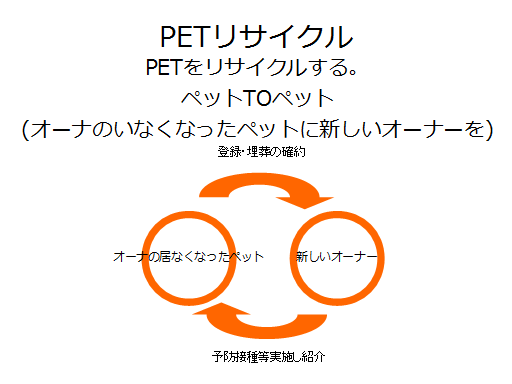BBCより。海底でもインターネット。
http://www.bbc.co.uk/news/technology-24550015
Researchers have tested an "underwater wi-fi" network in a lake in an attempt to make a "deep-sea internet".
The team, from the University of Buffalo, New York, said the technology could help detect tsunamis, offering more reliable warning systems.
They aim to create an agreed standard for underwater communications, to make interaction and data-sharing easier.
Unlike normal wi-fi, which uses radio waves, the submerged network technology utilises sound waves.
Radio waves are able to penetrate water, but with severely limited range and stability. Sound waves provide a better option - as demonstrated by many aquatic species such as whales and dolphins.
Wireless communication underwater has been possible for some time, but the problem lies in getting separate systems used by different organisations to communicate with each other.
The US National Oceanic and Atmospheric Administration (NOAA), for instance, uses acoustic waves to send data from tsunami sensors on the sea floor to buoys on the surface.
However due to infrastructure differences, this data cannot be shared quickly with other information gathered by the US Navy.
【このカテゴリーの最新記事】
-
no image
-
no image
-
no image
-
no image
-
no image
-
no image
-
no image
-
no image
-
no image
-
no image
-
no image
-
no image
-
no image
-
no image
-
no image
-
no image
-
no image
-
no image
-
no image
-
no image

